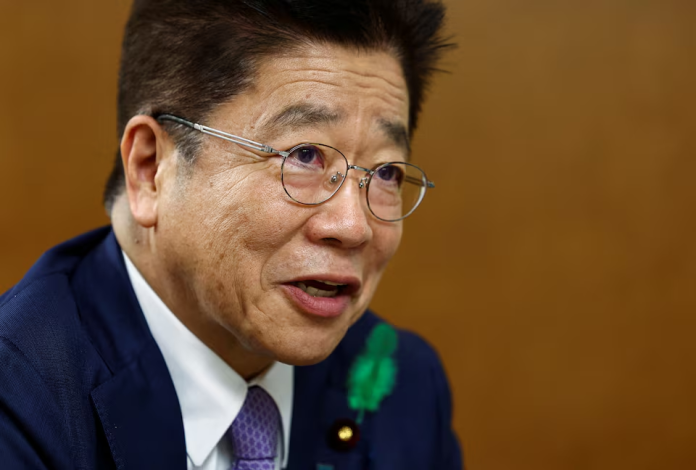As Japanese Finance Minister Katsunobu Katō prepares for pivotal talks with US counterpart Scott Bessent in Washington this week, Tokyo appears poised to reject calls for direct action to strengthen the yen, according to Reuters.
The discussions, set to unfold during the IMF’s spring meetings, will focus on exchange-rate dynamics amid growing US trade deficit concerns – but expectations of a grand currency deal remain low, three sources familiar with negotiations say.
The highly anticipated bilateral meeting, the first face-to-face dialogue between Katō and Bessent, is unlikely to yield coordinated measures such as yen-buying intervention or an abrupt Bank of Japan (BOJ) rate hike, sources indicate. Instead, Japanese officials aim to “sound out Washington’s intentions” on currency policy and its role in broader trade negotiations, one source noted.
Market speculation over US pressure stems from President Donald Trump’s past criticism of Japan’s perceived efforts to weaken the yen, alongside his administration’s focus on reducing America’s trade gap. The yen recently hit a seven-month high against the dollar, partly driven by bets that Washington might push Tokyo into propping up the currency.
However, Japanese policymakers argue that tools to influence exchange rates are both limited and politically fraught.
Japan last intervened in currency markets in 2024, selling dollars to counter the yen’s plunge to a 30-year low of 161.99 per dollar. With the yen now near 140, further strengthening risks squeezing exporters already grappling with US tariff threats.
Moreover, yen-buying intervention would require Japan to offload US Treasury holdings – a move unlikely to please Washington amid recent bond market volatility. Rate hikes, meanwhile, could undermine the BOJ’s credibility and independence, experts warn.
With tangible policy shifts unlikely, sources suggest the two sides may settle on diplomatic language emphasising “stable exchange rates” and a mutual aversion to competitive devaluation. A vague pledge for Japan to “avoid intentionally weakening the yen” could emerge as a face-saving compromise.
